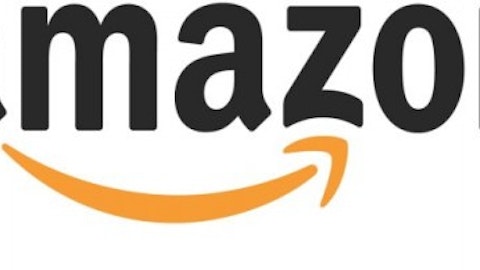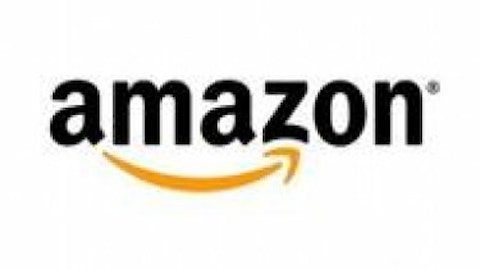Barnes & Noble has one positive attribute that Borders lacked: It’s not overly indebted. That’s the only bright spot I can see in this chapter of the company’s story.
The danger of being the middleman
Last but not least, should we even care if Barnes & Noble eventually goes away? Amazon.com has an insanely great selection of books, both well-known and obscure, and has brought us the incredible ease of digital downloads. Discounters such as Wal-Mart Stores, Inc. (NYSE:WMT), Target Corporation (NYSE:TGT), and Costco Wholesale Corporation (NASDAQ:COST) all carry major best-sellers, easily dropped in carts during routine shopping.
On the other side of the spectrum, small is beautiful after all the pain indie bookstores experienced for years. The independents seem to be having a renaissance. Getting up-close and personal and slightly changing the small bookstore experience may make for the best competition in a brick-and-mortar landscape that has been dulled by retail chains.
I have a few anecdotal observations. I recently ran across an awesome bookstore/coffee shop called Borderlands Books dedicated only to sci-fi, fantasy, mystery, and horror in San Francisco. It offers new, used, first editions, and anything a fan of these genres might want to track down. Among its many descriptions of itself on its website: “We stay open late and wish we could stay open later. If you come in five minutes before closing time we won’t close until you’re ready to leave.”
Alternative bookstore Atomic Books in Baltimore has hung in there for decades, with the tag line “Literary Finds for Mutated Minds.” Although it shut down briefly in 2000, it reopened in 2001 under new management. One of its most interesting and coolest factors along with its do-it-yourself ethos and focus on obscure items: It accepts fan mail for John Waters. By the way, they also say: “Please do not call or email us for any information regarding John Waters. We won’t tell you anything.” (Good to know.) In April, the owners announced that the store is expanding and opening a related bar.
D.C.’s Politics & Prose is a local favorite in my neighborhood, with a politically progressive selection of books, a loyal customer base, and plenty of high-profile readings. When its retiring longtime owners put it up for sale in 2010, a shocking truth emerged in a world where most would assume indies suffer horribly. The operation was actually profitable, and not only that, when buyers emerged, the brand was described as “rich in goodwill.” Investors know how important that is.
I can’t speak for the profitability of all independent bookstores, and small business is generally an incredibly rough ride and not for the faint-heared. However, I do believe the future of brick-and-mortar bookstores is probably for a close connection to genre audiences of all kinds, as well as innovation with factors like hybrid models. The independents may end up having the last laugh as they not only survive, but thrive.
No happy ending for Barnes & Noble, Inc. (NYSE:BKS)
Barnes & Noble is in the unenviable position of being stuck in the generic middle between discounters, the ease of e-books, and the renaissance of the independent bookstore that are obviously giving readers reasons to support their stores, as well as incredible differentiation and focus on specific types of customers.
Investors would most likely be better off buying Amazon than Barnes & Noble. Amazon’s got a notoriously high valuation, but it’s also got its hands in many areas; it’s no one-trick pony, and it’s prepared for the long haul. Barnes & Noble’s core business is wearing out. Pay more for quality, and leave the doomed “value stocks” out of the portfolio. There may be happy endings for Amazon investors and great independent bookstores, but Barnes & Noble will likely end up shelved under tragedy.
The article Should We Care About Barnes & Noble’s Survival? originally appeared on Fool.com is written by Alyce Lomax.
Alyce Lomax has no position in any stocks mentioned. The Motley Fool recommends Amazon.com, Apple, and Costco Wholesale and owns shares of Amazon.com, Apple, Costco Wholesale, and Microsoft.
Copyright © 1995 – 2013 The Motley Fool, LLC. All rights reserved. The Motley Fool has a disclosure policy.



